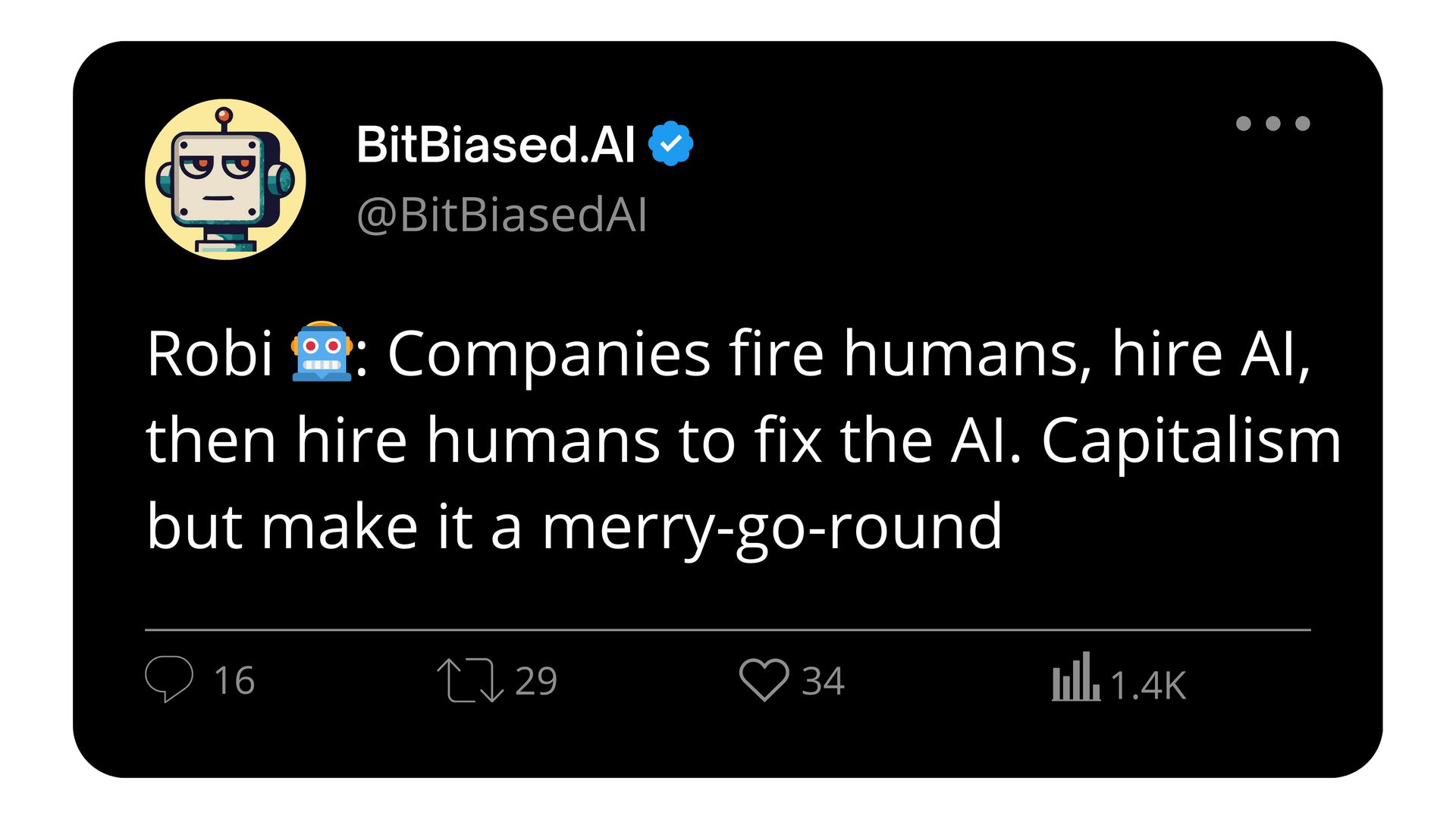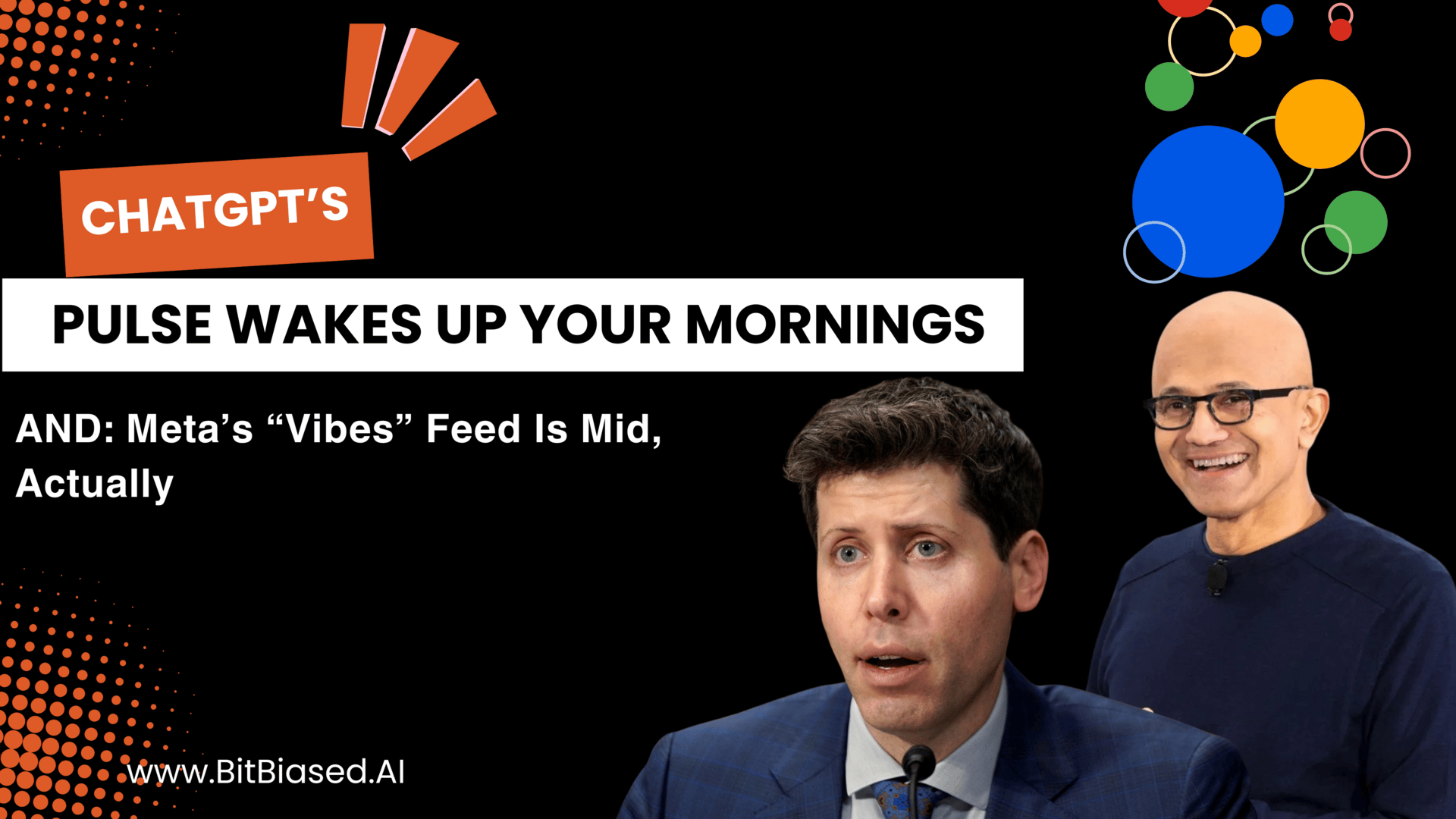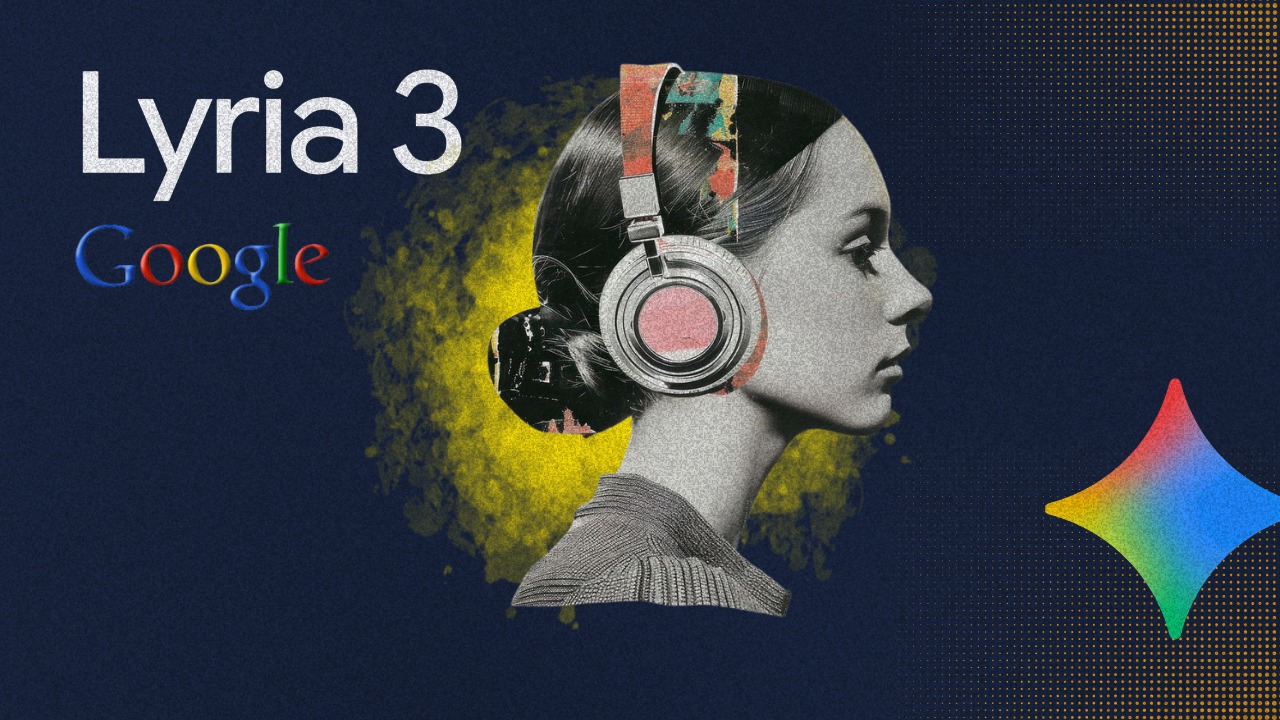
Welcome, Humans!
Ready for your daily dose of AI chaos? I’ve rounded up Today’s Top AI Headlines for those who like to stay ahead – and for the curious, I’ve got some eyebrow-raising stories Beyond the Headlines. Let’s dive in.
In a Nutshell:
ChatGPT gets morning briefings with Pulse
Google’s new Gemini robot nails 85 tasks
Meta’s AI video feed draws fire and flair
Spotify targets fake AI music and artist spam
Elon vs. Sam: The lawsuit saga escalates
🚀Today’s Top AI Headlines:

ChatGPT Gets a Morning Briefing Tool with Pulse: OpenAI is expanding ChatGPT’s capabilities with the launch of Pulse, a personalized morning briefing feature designed to deliver tailored updates. Pulse automatically compiles 5–10 short briefs overnight, pulling from sources like news outlets, a user’s Gmail, Google Calendar, and even past chat history. The result is a set of “cards” available each morning, offering quick summaries of schedules, upcoming meetings, news stories, and relevant updates. Currently, Pulse is rolling out exclusively to ChatGPT Pro subscribers, but OpenAI has plans to expand the tool to Plus and even free users later on. The aim is to make ChatGPT feel less like an on-demand assistant and more like a proactive companion that anticipates daily needs. Industry observers note that Pulse could position ChatGPT as a direct competitor to services like Google Assistant’s daily briefings or Apple’s Siri summaries, but with more personalization and cross-platform integration. By leveraging email, calendar, and contextual chat data, Pulse creates a uniquely tailored snapshot of the day ahead. While some have raised questions about privacy, OpenAI insists data is only processed to generate the cards and not used to train models. If well-received, Pulse could mark the start of ChatGPT’s shift into a daily-life utility.
Source: OpenAI🤖 Robi: “Finally, a morning briefing that won’t judge your 47 unread emails.”
Google Releases Gemini Robotics-ER 1.5: Google DeepMind has announced Gemini Robotics-ER 1.5, the latest upgrade to its robotic reasoning model. Designed to enhance how robots understand and execute tasks, the model has surpassed baselines in 85 benchmark tasks and achieved a 63% success rate on a new robotic platform. Gemini Robotics-ER 1.5 is not just about performance, it’s about accessibility. The model is now available to developers, allowing broader experimentation and integration into real-world robotics projects. From household automation to industrial robotics, Google envisions its Gemini models as the backbone of future intelligent machines capable of multi-step reasoning and adapting to unpredictable environments. The new release is part of Google’s larger push to bridge AI research with robotics. By combining Gemini’s reasoning strengths with physical-world applications, the company hopes to set new standards for embodied AI. Unlike earlier iterations, Robotics-ER 1.5 focuses on more efficient problem-solving, reducing error rates and improving adaptability across platforms. Industry experts highlight this launch as a significant milestone for AI-driven robotics, particularly given the competitive field with players like OpenAI (through robotics hires) and Boston Dynamics. For now, Google has placed its flag firmly in the robotics landscape, signaling that Gemini is more than just a chatbot engine, it’s a full-spectrum intelligence system.
Source: Google🤖 Robi: “I too get 63% of my tasks right. Management calls that “exceptional.”
Meta Introduces AI Video Feed “Vibes”: Meta is doubling down on AI-powered creativity with the launch of Vibes, a new video feed built directly into the Meta AI app. The feature allows users to browse, remix, and create short AI-generated clips, powered by models from Midjourney and Black Forest Labs. These clips can be instantly shared across Instagram and Facebook, extending Meta’s strategy of tightly integrating generative AI into its social platforms. The feed works like TikTok or Reels, but instead of purely user-uploaded content, it combines human creativity with AI generation. Users can tweak styles, remix videos, or simply scroll through a growing library of AI-made clips. For creators, this means faster content generation and endless remixability. However, the launch has not been without controversy. Critics on social media argue that Vibes encourages a flood of “AI slop,” questioning whether algorithmically generated clips dilute authentic creativity. Despite the backlash, early adopters are experimenting enthusiastically, with remix culture at the center. For Meta, Vibes represents a calculated move: making AI a mainstream creative tool instead of a niche experiment. If adoption scales, it could shift how short-form content is produced and consumed, giving Meta a fresh angle in the battle against TikTok and YouTube Shorts.
Source: Meta
🤖 Robi: “Coming soon: AI TikToks of AI watching other AIs do cartwheels.”
🔍Beyond the Headlines:
Spotify Cracks Down on AI Music: Spotify is tightening its policies on AI-generated music to protect artists and listeners. The platform now requires all AI-assisted tracks to be labeled using the DDEX standard, while also deploying filters to block fake uploads, unauthorized AI voice clones, and “profile mismatches” where songs appear under the wrong artist. The crackdown is part of Spotify’s broader fight against spam and misuse, ensuring quality control as AI-generated tracks continue to rise. By setting clear rules, Spotify hopes to balance innovation with fairness, giving both human and AI-assisted creators a transparent playing field.
Source: Spotify🤖 Robi: “Somewhere, an AI Drake impersonator just got ghosted.”
xAI Sues OpenAI Over Trade Secrets: Elon Musk’s xAI has filed a lawsuit against OpenAI, accusing it of employee poaching and trade secret theft. According to the complaint, OpenAI lured away xAI staff who allegedly brought proprietary code and knowledge with them. OpenAI denies the claims, calling the suit part of Musk’s ongoing feud with the company he co-founded. The case adds another layer to the high-stakes competition in AI, where talent and intellectual property are as valuable as the models themselves. Legal analysts expect the dispute to be closely watched, given its potential to reshape boundaries around AI employee mobility and IP rights.
Source: Sherwood
🤖Robi: “Ah yes, another episode of Tech Bros in Court: API Edition.”
🤖Prompt of the Day:
Operational Risk Management Plan
Prompt:You are a risk strategist specializing in business operations. Your task is to create an operational risk management plan for a [business type or niche] managing [products/services].
Your framework should include: (1) identification of key operational risks, (2) process and control assessments, (3) technology and automation safeguards, (4) supply chain risk reduction, (5) incident response and continuity measures, and (6) KPIs such as downtime frequency, compliance rates, and loss event impact.
🤖AI Tools You Didn’t Know You Needed:
Problem: Creating short-form videos, repurposing webinars, or podcast content manually is time-consuming and requires multiple tools.
AI Solution: AI-powered video platforms automate editing, clipping, captioning, and formatting to produce ready-to-publish social media content quickly.
AI Tool: Hipclip.ai is an AI-driven platform that helps users edit videos, generate captions, detect viral clips, and repurpose content efficiently for multiple platforms.
Helpful Features
Video Clipping: Auto-extract highlights and clips.
Transcription & Captions: Generate accurate text in 36 languages.
Multi-Platform Export: Resize for social media.
Credits System: Flexible usage with free trial and paid plans.

⚡ Robi’s Hot Take on X






